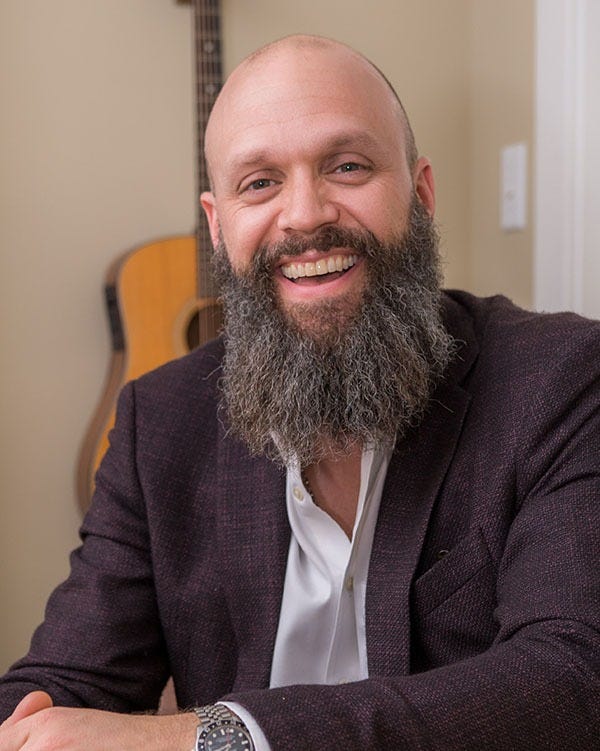Engaging with the Inner Life (John Price, PhD)
Listen now (65 mins) | "I yearn to participate in and provide sacred initiation process for men. And what does that even mean? Well, it means to be initiated into yourself..."
You can also find this episode on Spotify, or wherever you get your podcasts.
Oh, I adore John Price, who is a depth psychotherapist and the host of the podcast The Sacred Speaks. We share many interests—and some podcast guests. John also leads The Center for Healing Arts & Sciences with his wife.
John is someone I could talk to for hours. No, days. But w…
Keep reading with a 7-day free trial
Subscribe to Pulling the Thread with Elise Loehnen to keep reading this post and get 7 days of free access to the full post archives.





